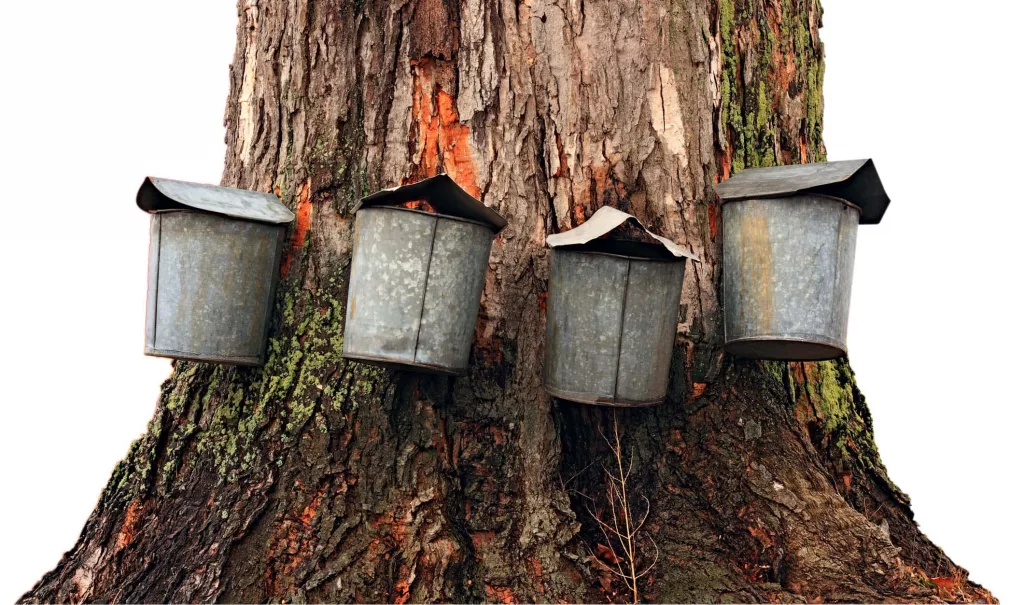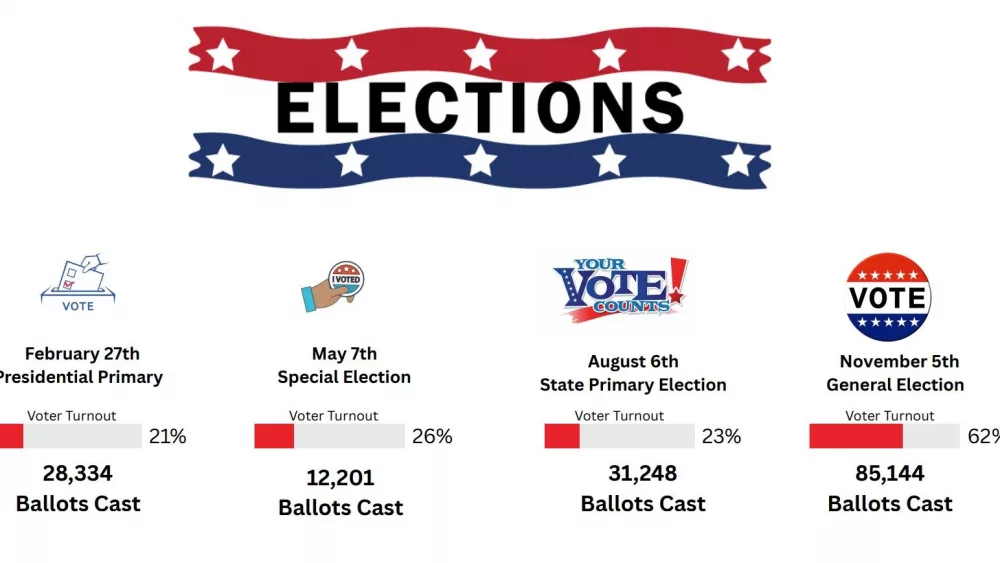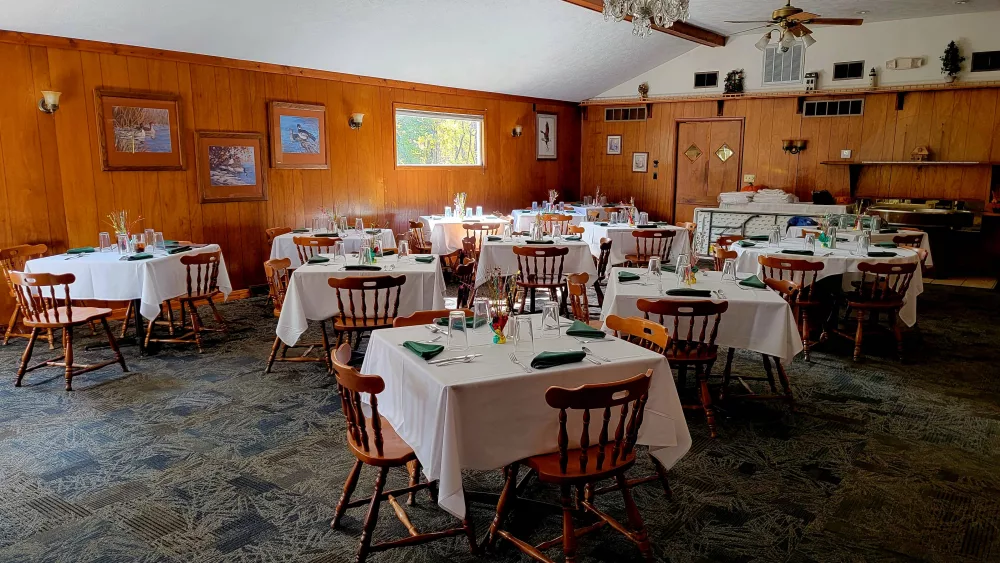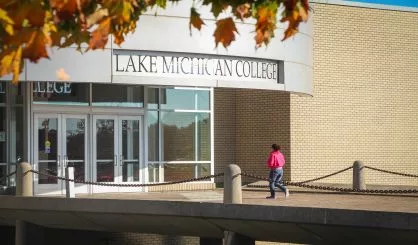You may well have been basking in the unseasonably balmy weather the past couple of weeks, but Michigan’s maple syrup industry says this extreme weather is having a negative impact on their trade, and that’s not good, inasmuch as Michigan’s maple syrup industry is the fifth largest in the nation. It may very well hurt your breakfast table in the months and years ahead.
Kirk Hedding is President of the Michigan Maple Syrup Association. He says, “The extreme weather we are experiencing here in Michigan puts a lot of stress on the maple syrup industry.” He adds, “The extreme weather leads to lower yields and opens the door to new invasive species and disease.”
Hedding cautions, “If this trend continues, it could have a severe impact on the industry as a whole, which will in turn impact the economy and tourism in Michigan.”
Earlier this week the Associated Press reported on the impact of climate variability on maple syrup production in the Northwest region of the United States. According to that article, warmer weather in recent years has already affected the production of sap and the sweetness of sap — both crucial aspects in ensuring the success of the maple syrup industry. In Michigan, the warm winter this year has the potential of being extremely harmful to the local maple syrup industry.
Dan Tassier is a Board Member of the Commercial Maple Syrup Producers of Michigan. He warns, “If the warm weather trend continues, it could be bad for maple syrup production.”
Tassier says he has only tapped his trees in February twice in his entire life — this year being one of them. Although an early tapping season isn’t quite yet cause for concern, the continued warm weather is. The warmer weather could also be a cause for the lower sugar content experienced by farmers this year, according to Tassier. He says, “So far, the sugar content this year has been really low. When I asked around, the general consensus of fellow farmers is the same. When it stays warm too many nights in a row, the buds on the tree will swell. Once they swell, the sap will turn bitter and the season is done.”
The lower sugar content also means it will take a lot more sap to make one gallon of syrup. According to the Michigan Maple Syrup Association, the average amount of sap it takes to make on gallon of syrup in Michigan would be about 40 gallons. This year, Tassier reported that the low sugar content has resulted in some farmers needing 85 gallons of sap to make one gallon of syrup — more than twice the normal amount.
Your pancake fix may start taking a beating real soon with scarcer supplies and higher prices at the market. Stay tuned.






